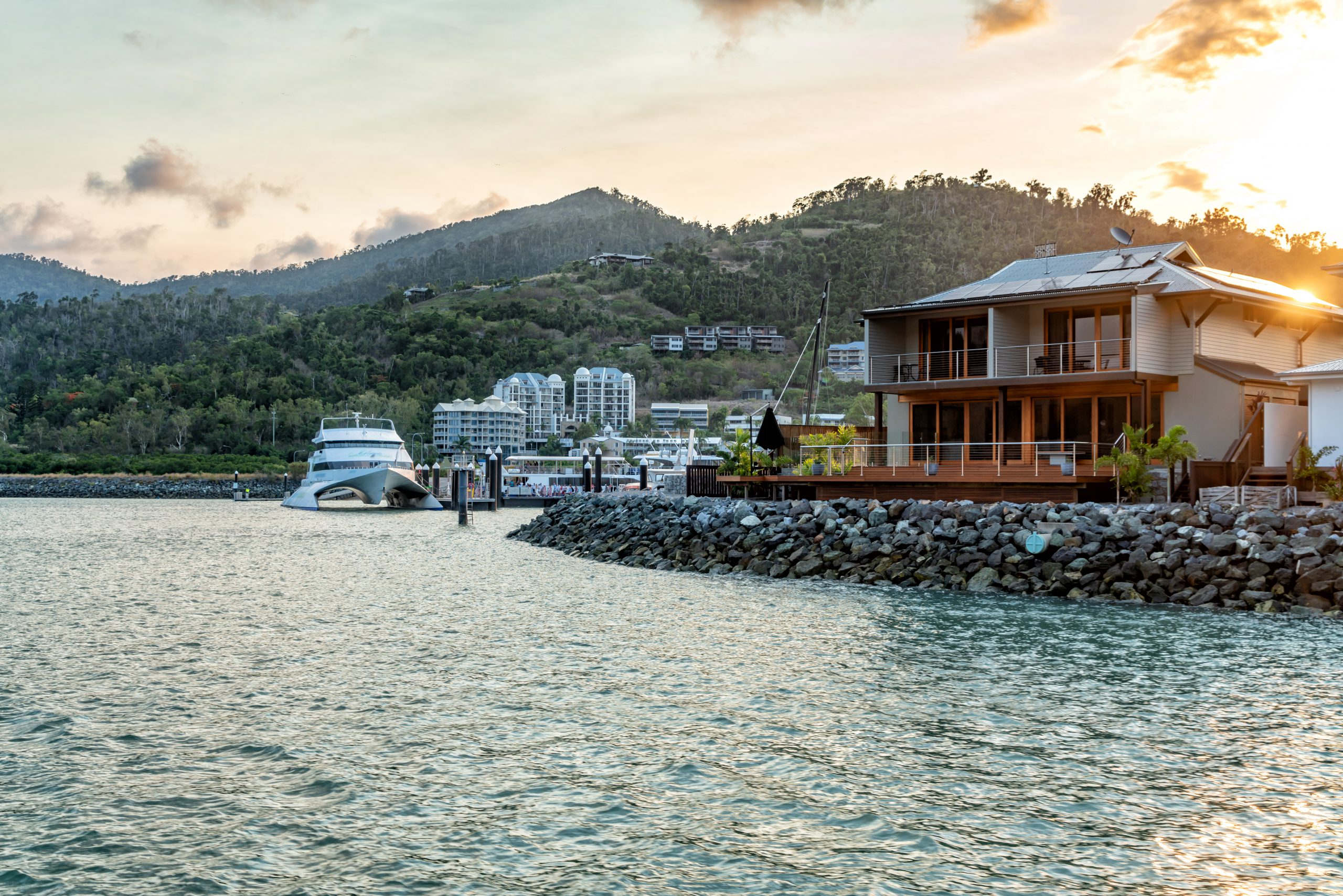
Owning a holiday home that you can rent out as you work towards a tree-change or seachange are fabulous ambitions for those who have already invested in real estate.
There’s no question that owning your own home can give you many life choices down the track, especially when the family has grown up and moved out. And a second residence or holiday home is one of those life goal achievements.
But is a holiday rental a sound investment?
What is the possibility you might make some money along the way by renting it out, using the services of a property manager, Airbnb or similar services?
Holiday rentals are rarely a get-rich-quick scheme. Your income will depend on the style and size of the property and the area in which you buy. Holiday homes also require more research than any other type of investment property.
It’s a good idea to talk to local real estate agents about property values and holiday letting levels of the area. As a basic guide, a survey in the US by HomeAway (which owns Stayz in Australia) suggested $30,000 might be a good income. Airbnb reports that globally $11,000 is the average subscriber income, although many of its users rent rooms in their primary residences. So somewhere between the two is probably reasonable.
Here are some elements to consider if you’re thinking of a new life outside the city or investing in a holiday home you can also rent.
- Revenue can be seasonal – It’s a rare holiday property whose income doesn’t ebb and flow with the seasons. And remember, you can attract higher rents in peak periods. The downside is, this might be when you wish to spend your time at the property.
- Location is critical – This will determine your income more than any other factor. Properties near the sea or snow will do very well compared with those in a town several miles from the coast or mountains. Try to find somewhere that’s a popular destination.
- Calculate costs – Due diligence is critical to ensure the rental does not become a cash-flow headache. Be sure you can handle any mortgage costs, as well as insurance, taxes, maintenance, cleaning, and the fees taken by either a property manager or your rental app.
- Don’t underestimate maintenance – You’ll find the property will stand empty for weeks at a time, and this can lead to problems going unattended. If you buy a property with a garden, you’ll need to get a contractor to maintain if you’re an infrequent visitor. Can you find local cleaners, gardeners and handymen to look after these elements for you?
- Check tax benefits – Use a professional financial adviser to maximise any opportunity to gain tax advantages and write-offs from your rental.
